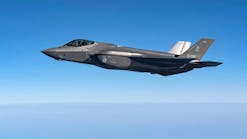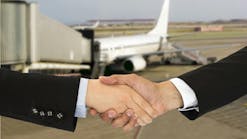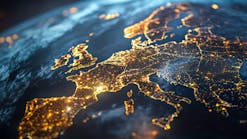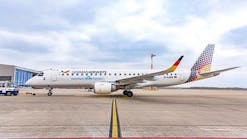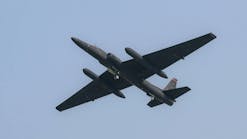|
By Joseph E. (Jeb) Burnside Aviation has always celebrated its firsts. From the Wright brothers to Charles Lindbergh to SpaceShipOne to electric aircraft, crossing new frontiers is something aviation enthusiasts who gather at EAA AirVenture Oshkosh have always rewarded. So in some small way, it's appropriate that news of Sally Kristen Ride's passing at the too-soon age of 61 came during this year's fly-in. Sally Ride, of course, is and always will be the first American woman in space. She also was the youngest American to be in space, a still-valid distinction. Ride died Monday, peacefully, at her home in La Jolla, California, after a 17-month battle with pancreatic cancer. Most will remember her solely for being first, and it's safe to say her 1983 mission aboard the space shuttle Challenger inspired millions of women, young and old. But even before achieving that first, she was contributing to NASA's space program by serving as capsule communicator for the second and third shuttle flights. Ride also was part of the team tasked with developing the spacecraft's manipulator arm, a device she used aboard Challenger to retrieve a satellite, another first. Her second mission to space, in 1984, also was aboard Challenger. By that time, the idea of America sending one of its women into that void-and space travel itself-had become commonplace, so short is our collective attention span. All that changed, of course, on January 28, 1986, when Challenger broke up during its launch. In part thanks to her time aboard the shuttle, she was named to the panel tasked by President Reagan to investigate its loss, heading an operational group. Afterward, she was assigned to NASA headquarters in Washington, where she engaged in the agency's strategic planning and founded NASA's Office of Exploration. Later, she was named to the formal panel investigating 2003's loss of the shuttle Columbia, becoming the only person to serve on the commissions investigating both disasters. Ride left NASA in 1987, entering academia. She became a professor of physics at the University of California-San Diego and director of the California Space Institute in 1989 and in 2001 founded Sally Ride Science, a company designed to "create quality programs and products that educate, entertain, engage and inspire" and dedicated to supporting girls' and boys' interests in science, math and technology." And it is in that arena - encouraging and inspiring young women and men - that her legacy squarely resides. If nothing else, EAA AirVenture Oshkosh is all about encouragement and inspiration. Look around the site this week-the young woman standing next to you, watching the air show, might be the first person to walk on Mars. Thanks in part to Sally Ride, that young woman is confident in knowing she can. |

